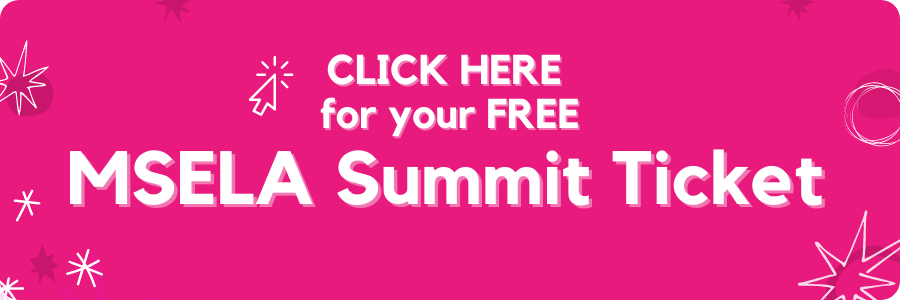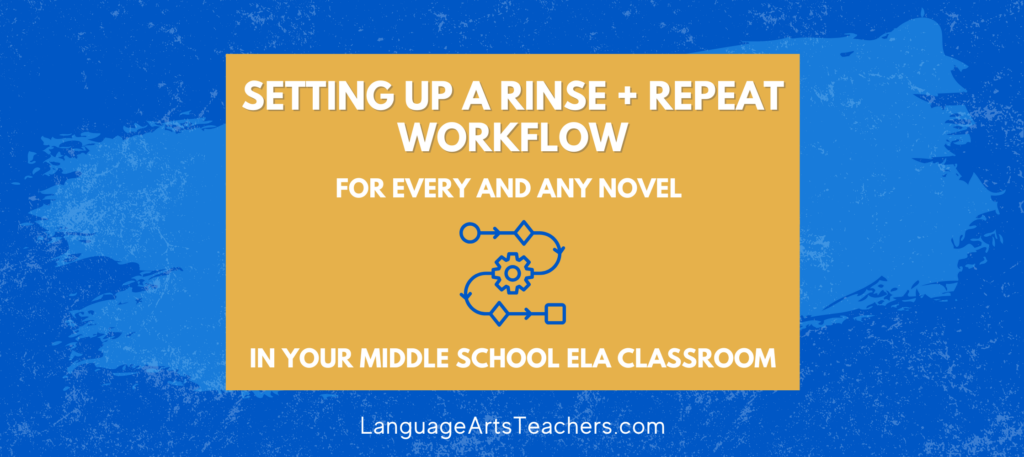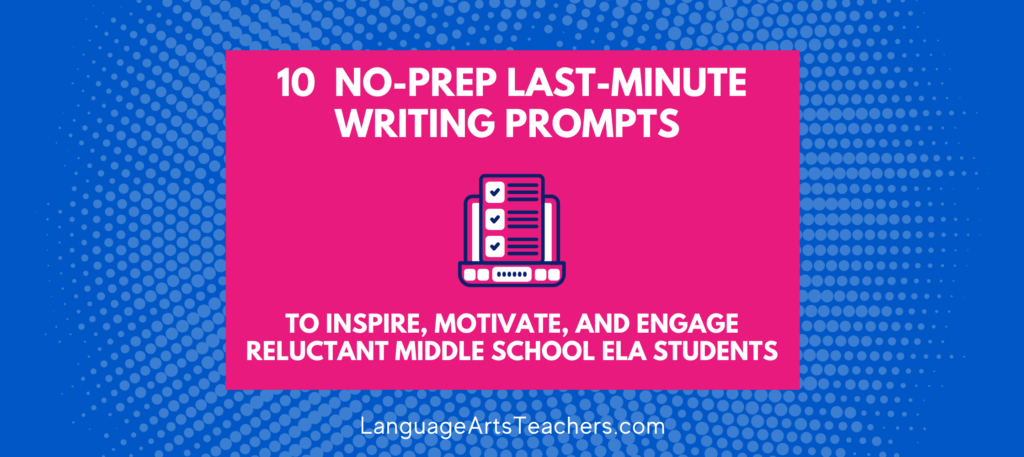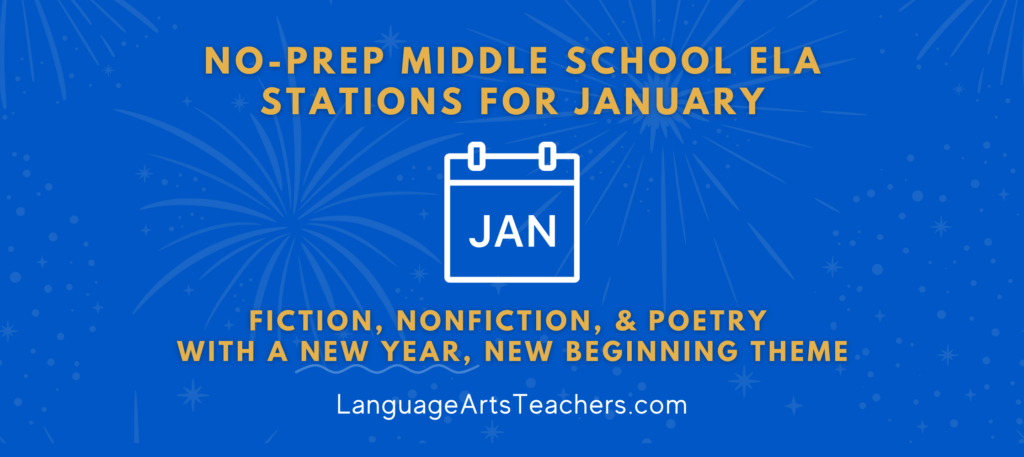When designing narrative reading and writing units for 6th, 7th, and 8th-grade students aligned with the Common Core State Standards (CCSS), there are distinct differences (and some similarities, of course) tailored to the developmental progression and academic expectations of each grade level.
I crafted a quick “cheat sheet” of sorts laying out a summary-style description for those of us who teach multiple Middle School ELA grade levels. . . Or to help us when we switch grade levels and need to see the differences from one year to the next. Here’s how your Narrative Reading & Writing Unit will typically differ between 6th, 7th, and 8th grades:
- Text Complexity and Depth of Analysis:
- 6th-grade units often focus on foundational skills, introducing students to narrative elements such as plot, character, and setting. Texts are typically selected to be accessible and engaging, allowing students to practice basic analysis and comprehension skills.
- 7th-grade units build on these foundational skills, requiring students to analyze texts more deeply, identify central themes, and make inferences about characters and plot developments. Texts may be slightly more complex, introducing students to a wider range of genres and literary devices.
- 8th-grade units delve even deeper into text analysis, challenging students to interpret complex characters, evaluate authorial choices, and analyze the impact of literary techniques on meaning and structure. Texts may include classic literature, contemporary young adult novels, and non-fiction works.
- Writing Expectations:
- In 6th grade, students focus on developing basic narrative writing skills, such as constructing coherent plots, creating descriptive settings, and developing characters. Writing assignments may be shorter in length and more structured.
- 7th-grade writing units expand on these skills, requiring students to craft more complex narratives with attention to detail, voice, and perspective. Students may also begin to experiment with different narrative structures and techniques.
- 8th-grade writing units emphasize refining and polishing students’ narrative writing skills, with a focus on incorporating literary devices, creating depth of characterization, and crafting well-developed story arcs. Students are expected to produce longer, more sophisticated narratives that demonstrate mastery of storytelling techniques.
- Text Complexity and Range of Reading:
- The CCSS for each grade level outline expectations for students’ ability to comprehend and analyze increasingly complex texts. While 6th-grade units may focus on building foundational skills, 7th and 8th-grade units should incorporate a wider range of texts, including literary classics, contemporary literature, and informational texts.
- Students in 7th and 8th grade are expected to engage in more rigorous analysis, evaluating the structure, language, and themes of texts and making connections between different genres and forms of literature.
- Integration of Speaking and Listening Skills:
- All grade levels should incorporate opportunities for students to engage in collaborative discussions, present their ideas orally, and actively listen and respond to their peers’ contributions. However, as students progress through middle school, they are expected to demonstrate greater proficiency in these skills, with 8th-grade units placing a greater emphasis on formal presentations and structured debates.
While there are similarities in the overarching goals of narrative reading and writing units across 6th, 7th, and 8th-grade levels, the specific focus, depth of analysis, and complexity of texts will vary to meet the unique needs and abilities of students at each grade level.
For behind-the-scenes support with organizing your units, planning your year, and engaging students in your Middle School ELA Classroom, get your free ticket to the MSELA Summit which is the annual back-to-school virtual conference specifically designed for Middle School ELA Teachers.
Click Here for the Dates + Details!





